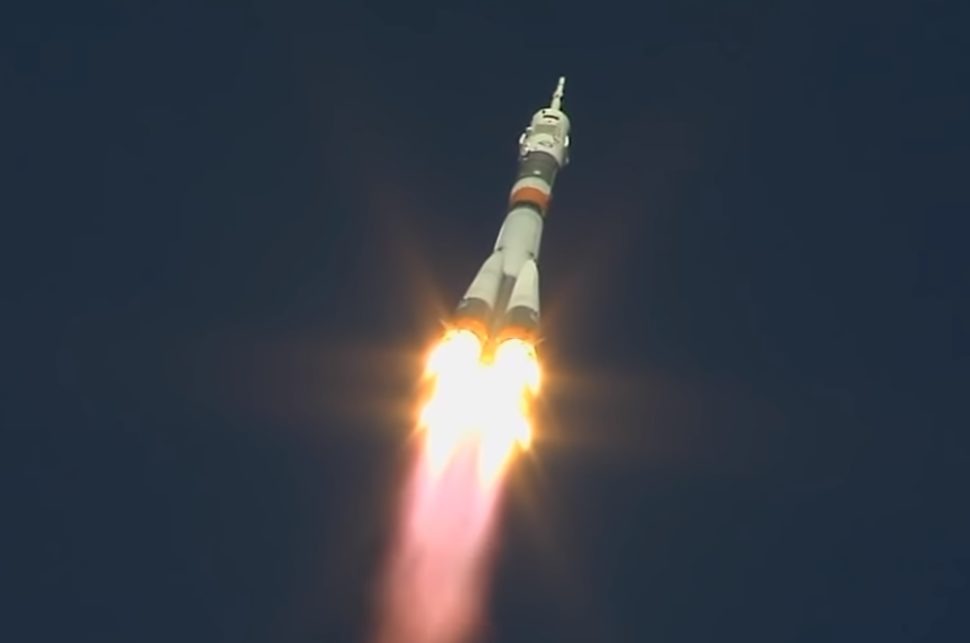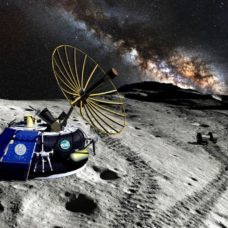An astronaut and cosmonaut just faced their worst nightmare when yesterday’s Soyuz launch failed, sending them crashing back to Earth.
According to reports, the Soyuz launch yesterday was scheduled to take astronaut Nick Hague and cosmonaut Alexey Ovchinin to the International Space Station. However, shortly after the takeoff, the duo reported a problem with the spacecraft’s rocket booster.
The two were initially slated to join the three crewmembers of the ISS – NASA astronaut Serena M. Auñón-Chancellor, European Space Agency’s Alexander Gerst, and cosmonaut Sergey Prokopyev – who are scheduled to return to Earth in December.
Read More: Russian Space Agency is Preparing to Send Humanoid Robots to the ISS
The problem became apparent about 90 seconds into the Soyuz launch. NASA said that the booster malfunction occurred during the separation between the first and second stages of the launch. Footage released to the media of the duo inside the capsule showed them being shaken around the same time the issue happened.
The booster failure triggered the emergency escape system. Shortly afterward, the capsule got separated from the rocket and made a “ballistic descent” back to Earth. The capsule’s parachute deployed before it hit the ground. The duo touched down near the town of Dzhezkazgan, Kazakhstan, and were quickly rescued by authorities. They are now safe and have returned to Baikonur.
“NASA astronaut Nick Hague and Russian cosmonaut Alexey Ovchinin are in good condition following today’s aborted launch. I’m grateful that everyone is safe. A thorough investigation into the cause of the incident will be conducted,” NASA Administrator Jim Bridenstine, said in a statement.
The Russian government has immediately suspended all scheduled Soyuz launches while conducting a thorough investigation into the anomaly. At the moment, it is unclear just how long the investigation will take.
Read More: NASA and Private Parties Invest $44-million USD in Cryogenics
“We’ll have to see where the data leads them. And if that’s a month, or if it’s two months, or six — I really can’t speculate on the length of it,” NASA’s ISS operations integration manager Kenny Todd, said.
To date, the Soyuz has been the only ride of astronauts to the ISS since NASA terminated its space shuttle program in 2011. Meaning, if the Russian rocket program won’t be operational in the following months, the ISS will be left vacant for the first time in nearly two decades.
Rotating crews have continuously occupied the ISS since 2000. At the moment, extending the mission of its three crewmembers for a few days or weeks is a possibility. However, they can’t stay longer than the first week of this January as the design lifetime of the Soyuz vehicle currently docked at the ISS that will take them home will be expired by then.
NASA remained optimistic and said that ground controllers could still keep it running in case it will be left orbiting unmanned.
“I feel very confident that we could fly for a significant amount of time,” Todd went on to say. “If the pumps do their job, and all the other systems — the [solar] arrays to continue to rotate, and we keep the batteries charged — there’s nothing that says we can’t continue to just bore holes in the sky and do a minimal amount of commanding.”



















Comments (0)
Most Recent